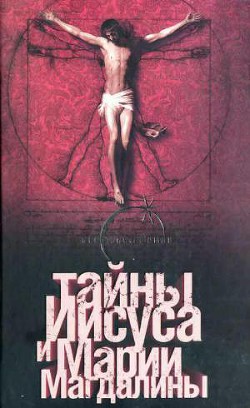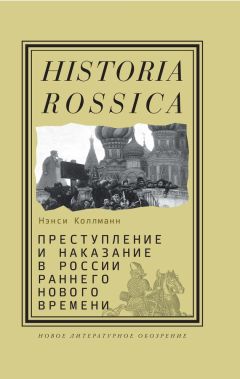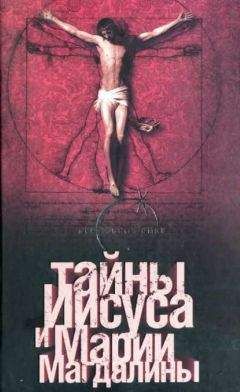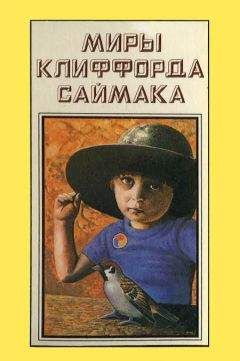Россия и ее империя. 1450–1801 - Нэнси Шилдс Коллманн
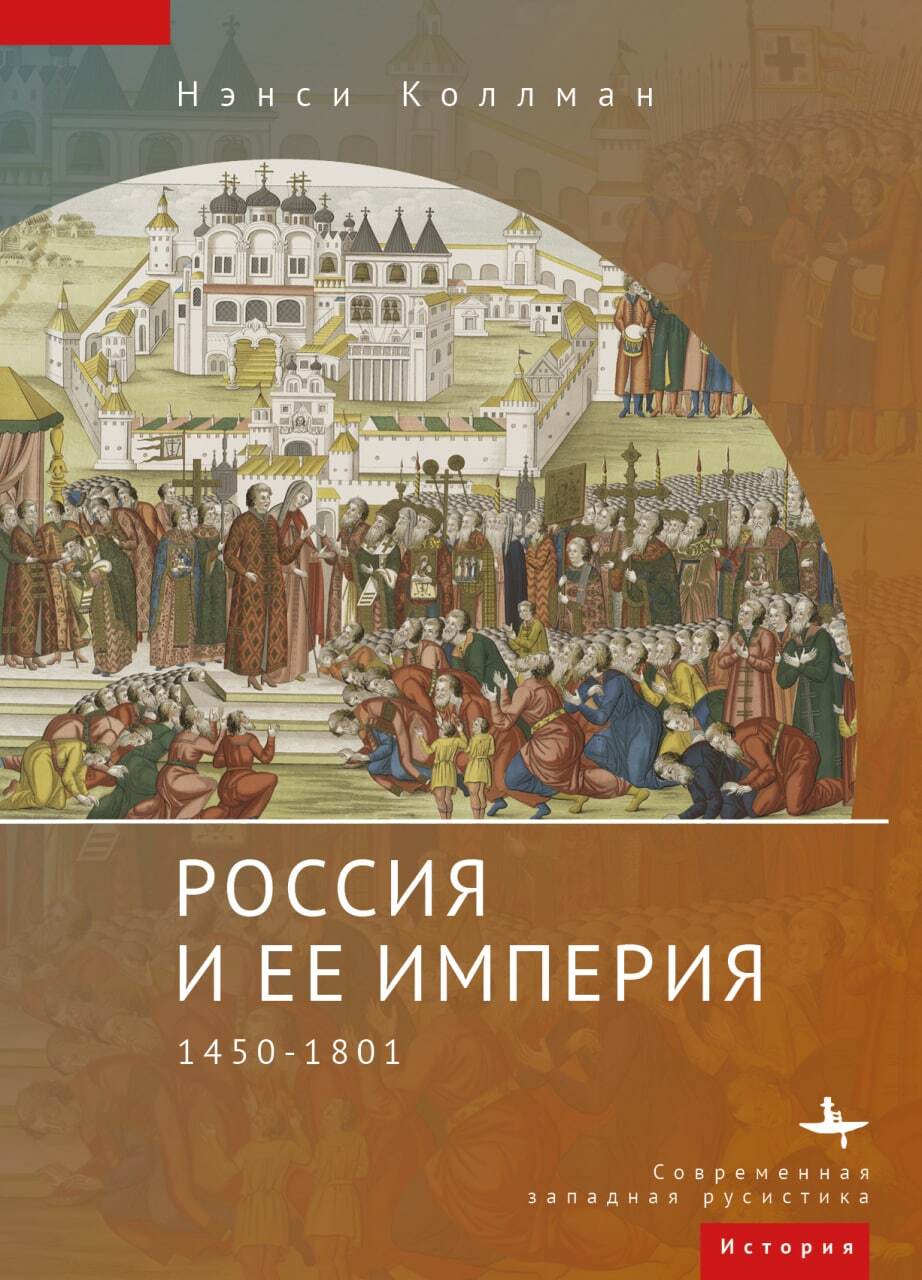
Помощь проекту
Россия и ее империя. 1450–1801 читать книгу онлайн
Об отношении к нерусским народам до Петра I: Kivelson V. Cartographies of Tsardom: The Land and its Meanings in Seventeenth-Century Russia. Ithaca, NY: Cornell University Press, 2006; Kivelson V. Claiming Siberia: Colonial Possession and Property Holding in the Seventeenth and Early Eighteenth Centuries // Peopling the Russian Periphery: Borderland Colonization in Eurasian History / Ed. by N. Breyfogle, A. Shrader, W. Sunderland. London, New York: Routledge, 2007. P. 21–40; Schimmelpenninck van der Oye D. Russian Orientalism: Asia in the Russian Mind from Peter the Great to the Emigration. New Haven: Yale University Press, 2010; Khodarkovsky M. «Ignoble Savages and Unfaithful Subjects»: Constructing Non-Christian Identities in Early Modern Russia // Russia’s Orient: Imperial Borderlands and Peoples, 1700–1917 / Ed. by D. Brower, E. Lazzerini. Bloomington, Ind.: Indiana University Press, 1997. Р. 9–26.
Представления европейцев о России в XVIII веке: Winkler M. From Ruling People to Owning Land: Russian Concepts of Imperial Possession… // Jahrbücher für Geschichte Osteuropas. 2011. № 59. Р. 321–353; Vulpius R. The Empire’s Civilizing Mission in the Eighteenth Century: A Comparative Perspective // Asiatic Russia: Imperial Power in Regional and International Contexts / Ed. by Tomohiko Uyama. London and New York: Routledge, 2012. Р. 13–31; Baehr S. The Paradise Myth in Eighteenth-Century Russia: Utopian Patterns in Early Secular Russian Literature and Culture. Stanford, Calif.: Stanford University Press, 1991; Rogger H. National Consciousness in Eighteenth-Century Russia. Cambridge, Mass.: Harvard University Press, 1960; Slezkine Y. Naturalists versus Nations: Eighteenth-Century Russian Scholars Confront Ethnic Diversity // Russia’s Orient: Imperial Borderlands and Peoples, 1700–1917 / Ed. by D. Brower, E. Lazzerini. Bloomington, Ind.: Indiana University Press, 1997. Р. 27–57; Jones R. Empire of Extinction: Russians and the North Pacific’s Strange Beasts of the Sea, 1741–1867. Oxford and New York: Oxford University Press, 2014; Barkhatova E. Visual Russia: Catherine II’s Russia through the Eyes of Foreign Graphic Artists // Russia Engages the World, 1453–1825 / Ed. by C. Whittaker. Cambridge, Mass.: Harvard University Press, 2003. Р. 72–89; Martin A. The Invention of «Russianness» in the Late 18th – Early 19th Century // Ab Imperio. 2003. № 3. По этой теме существуют два важных труда на русском языке: Вишленкова Е. Визуальное народоведение империи, или «Увидеть русского дано не каждому». М.: Новое литературное обозрение, 2011; Ибнеева Г. Имперская политика Екатерины II в зеркале венценосных путешествий. М.: Памятники исторической мысли, 2009.
О городском планировании и империализме в области архитектуры: O’Neill K. Constructing Imperial Identity in the Borderland: Architecture, Islam and the Renovation of the Crimean Landscape // Ab Imperio. 2006. № 2. Р. 163–192. См. также три статьи в чрезвычайно важном сборнике: Shvidkovskii D. Catherine the Great’s Field of Dreams: Architecture and Landscape in the Russian Enlightenment; Crews R. Civilization in the City: Architecture, Urbanism and the Colonization of Tashkent; Wortman R. The «Russian Style» in Church Architecture as Imperial Symbol after 1881 // Architectures of Russian Identity, 1500–Present / Ed. by J. Cracraft, D. Rowland. Ithaca, NY: Cornell University Press, 2003. Press, 2003. Р. 51–65, 117–132, 101–1 16.
Назовем лишь несколько из множества превосходных работ, посвященных развитию административной системы при Александре I и Николае I: Bruce Lincoln W. In the Vanguard of Reform: Russia’s Enlightened Bureaucrats, 1825–1861. DeKalb, Ill.: Northern Illinois University Press, 1982; Werth P. The Tsar’s Foreign Faiths: Toleration and the Fate of Religious Freedom in Imperial Russia. Oxford: Oxford University Press, 2014; Raeff M. Michael Speransky: Statesman of Imperial Russia, 1772–1839. The Hague: M. Nijhoff, 1957; Whisenhunt W. In Search of Legality: Mikhail M. Speranskii and the Codification of Russian Law. Boulder, Colo.: East European Monographs, 2001; Schimmelpenninck van der Oye D. Russian Orientalism: Asia in the Russian Mind from Peter the Great to the Emigration. New Haven: Yale University Press, 2010; Knight N. Science, Empire and Nationality: Ethnography in the Russian Geographical Society, 1845–1855 // Imperial Russia: New Histories for the Empire / Ed. by J. Burbank, D. Ransel. Bloomington and Indianapolis: Indiana University Press, 1998. Р. 108–141; Wirtschafter E. Social Identity in Imperial Russia. DeKalb, Ill.: Northern Illinois University Press, 1997; Wirtschafter E. Russia’s Age of Serfdom 1649–1861. Malden, Mass.: Blackwell Pub., 2008; Pravilova E. A Public Empire: Property and the Quest for the Common Good in Imperial Russia. Princeton: Princeton University Press, 2014. О Карамзине: Offord D. Nation-Building and Nationalism in Karamzin’s History of the Russian State // Journal of Modern Russian History and Historiography. 2010. № 3. Р. 1–50.
Примечания
1
Здесь и далее цитаты из «Государя» даются в переводе Г. Муравьевой.
2
Здесь имеется в виду тип огнестрельного оружия. – Примеч. пер.
3
Мы пользуемся этим современным понятием для удобства изложения, но следует помнить, что те, кто платил налоги и нес повинности в пользу государства, именовались «тягловыми людьми» (от слова «тягло») до Петра I и «податными людьми» – начиная с петровской эпохи. Эти термины также будут периодически встречаться в тексте. – Прим. пер.
